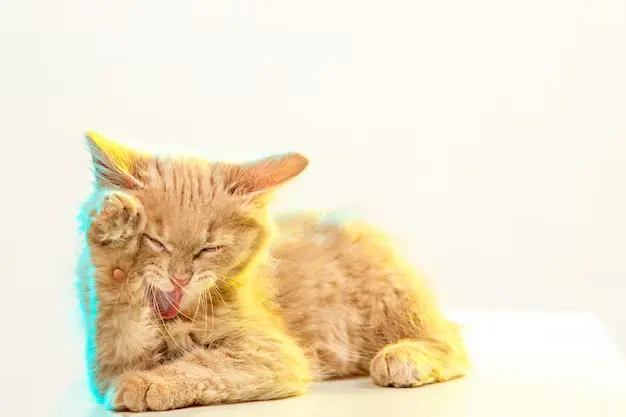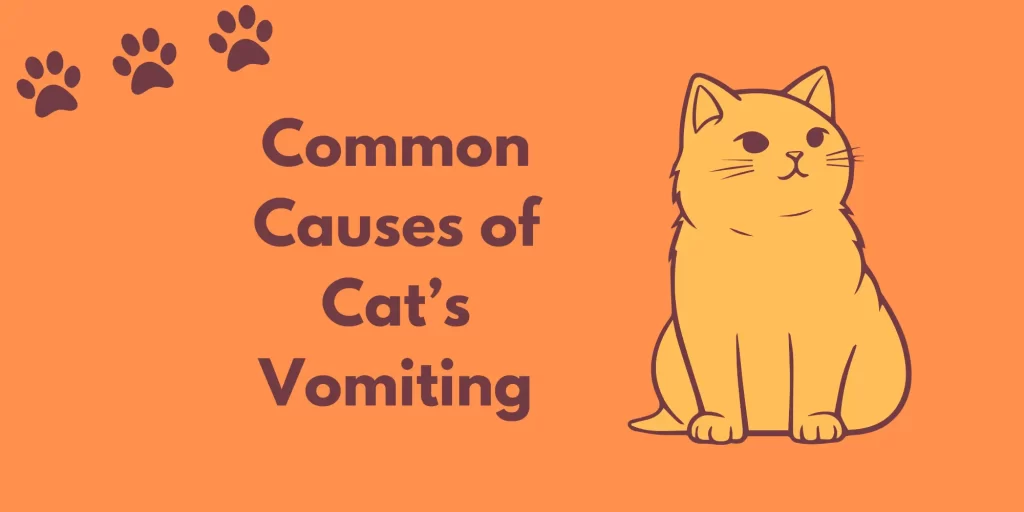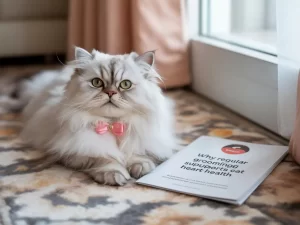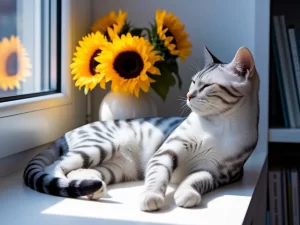
Cats are known for their mysterious and sometimes unpredictable behavior, but one thing that can cause immediate concern for pet owners is vomiting. While occasional vomiting may not be a reason to panic, frequent or severe episodes could signal underlying health issues. Understanding the possible causes of cat vomiting and knowing when to seek veterinary care can help keep your feline friend healthy and happy.
Common Causes of Cat Vomiting
1. Hairballs
Cats are meticulous groomers, and in the process, they swallow loose fur. This can lead to hairballs, which are typically coughed up rather than vomited. However, if hairballs become too large, they can cause blockages and digestive discomfort, leading to frequent vomiting.
2. Eating Too Fast
Some cats gobble up their food too quickly, which can cause them to regurgitate undigested food soon after eating. Using a slow feeder or dividing meals into smaller portions can help prevent this.
3. Dietary Changes or Food Intolerance
Sudden changes in diet can upset a cat’s stomach, leading to vomiting. Additionally, some cats may have food allergies or intolerances to certain ingredients, such as dairy, grains, or artificial additives.
4. Gastrointestinal Issues
Conditions like inflammatory bowel disease (IBD), gastritis, or colitis can cause chronic vomiting in cats. Symptoms may also include diarrhea, weight loss, or decreased appetite.
5. Parasites or Infections
Intestinal parasites like worms can lead to vomiting, as can bacterial or viral infections. If your cat frequently vomits and has other symptoms like lethargy or diarrhea, a vet visit is essential.
6. Poisoning or Toxic Substances
Some household items, including certain plants (like lilies), human medications, chemicals, and even certain human foods (such as onions and chocolate), can be toxic to cats and induce vomiting.
7. Kidney or Liver Disease
Vomiting can be an early sign of kidney or liver disease, particularly in older cats. If your cat is vomiting frequently and also drinking more water, urinating more often, or losing weight, consult a veterinarian immediately.
8. Stress or Anxiety
Cats are sensitive creatures, and stress from environmental changes, new pets, or disruptions in routine can sometimes lead to vomiting. Ensuring a calm, stable environment can help alleviate stress-related stomach issues.
When Should You Worry?
While occasional vomiting might not be alarming, the following signs indicate it’s time to see a vet:
- Vomiting more than once a day or several times a week
- Blood in the vomit
- Lethargy, weakness, or unusual behavior
- Refusal to eat or drink
- Signs of pain, such as yowling or hunching over
Keeping Your Cat Healthy with Proper Care
Regular grooming plays a crucial role in preventing some of the causes of vomiting, such as excessive hair ingestion leading to hairballs. If you’re looking for professional pet grooming services in Abu Dhabi, Nin9Tails is the best choice. Our expert groomers ensure your cat’s coat remains healthy and tangle-free, reducing hairball formation and promoting overall well-being. Book an appointment today and let us pamper your feline friend with the care they deserve!





